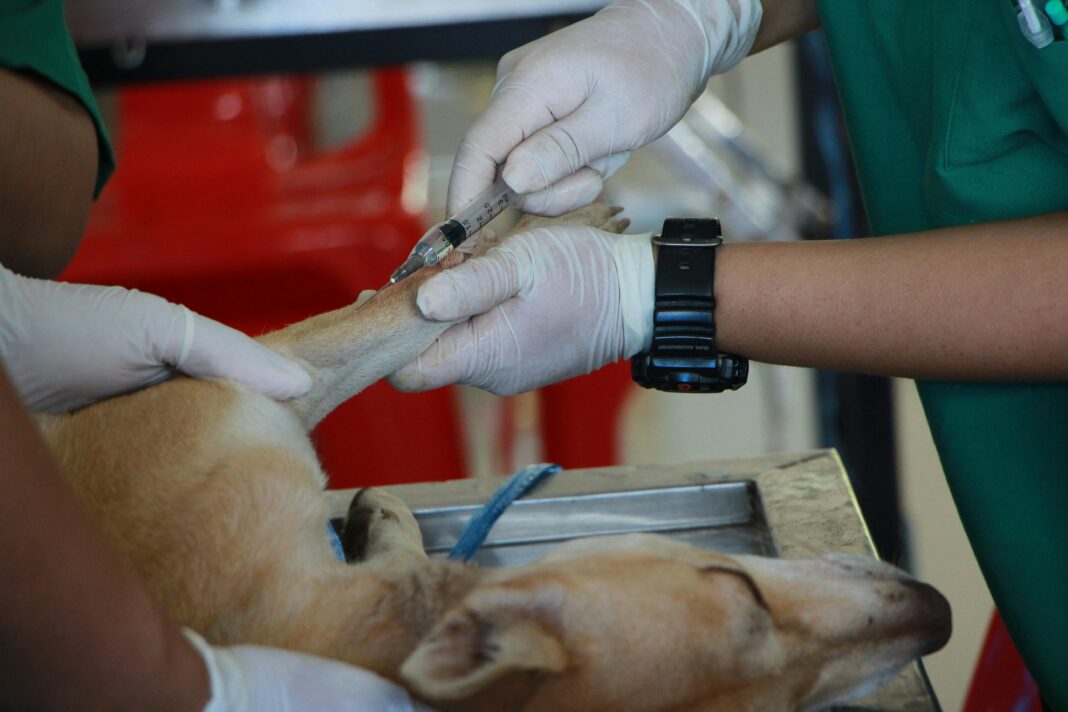When it comes to our furry friends, ensuring their health is a top priority. Pet medication plays a crucial role in maintaining your pet’s well-being. This guide dives deep into understanding pet medication, from knowing when it’s needed to safe administration and prevention strategies.
Understanding Pet Medication
Pet medication encompasses a variety of products designed to manage, treat, or prevent conditions in animals. Medications can be prescription or over-the-counter (OTC) and may be necessary for chronic conditions like arthritis or acute issues like infections.
Common Types of Pet Medications
-
- Antibiotics: Used to combat bacterial infections.
-
- Antiparasitics: Effective against worms, fleas, and ticks.
-
- Anti-inflammatories: Help reduce inflammation and pain.
-
- Pain Relief Medications: Manage discomfort from various conditions.
-
- Vaccines: Prevent infectious diseases.
Recognizing When Your Pet Needs Medication
Pets can’t tell us when they’re feeling unwell, so it’s crucial to be observant. Here are some common signs that your pet may require medication:
-
- Changes in Appetite: Eating less or more than usual could signal health issues.
-
- Lethargy: Unusually low energy levels might indicate an underlying problem.
-
- Vomiting or Diarrhea: Frequent episodes can lead to dehydration and indicate illness.
-
- Coughing or Sneezing: Respiratory issues may require medical attention.
-
- Behavioral Changes: Increased aggression or withdrawal can be signs of pain or distress.
Diagnosis and Veterinary Consultation
If you notice any concerning symptoms, consulting a veterinarian is the first step. Here’s what to expect during the diagnosis:
-
- Complete Physical Exam: The vet will assess your pet for any visible symptoms.
-
- Medical History: Be prepared to discuss any recent changes in your pet’s routines or diet.
-
- Diagnostic Tests: Your vet may recommend blood tests, X-rays, or ultrasounds to identify the underlying cause.
Safe Medication Administration
Once a diagnosis is made, your vet will prescribe medication. Here are some practical tips for safe medication administration:
Follow Dosage Instructions
Always adhere to the prescribed dosage. Overdosing can lead to severe side effects or toxicity.
Use Pill Organizers
For pets requiring multiple medications, a pill organizer can help keep track of daily doses.
Proper Administration Techniques
-
- For Pills: Hide the medication in a treat, or gently open your pet’s mouth and place the pill on the back of the tongue.
-
- For Liquid Medications: Use a syringe (without a needle) to squirt the liquid into your pet’s mouth, aiming for the side of the cheek.
-
- Topical Treatments: Ensure the area is clean and dry before applying the medication as directed.
Monitor Your Pet
After administering medication, watch for any adverse reactions, such as vomiting, lethargy, or unusual behavior. Report these to your vet promptly.
Managing Side Effects
Every medication may have potential side effects. Common side effects in pets include:
-
- Gastrointestinal Issues: Such as vomiting or diarrhea.
-
- Lethargy: A decrease in energy levels.
-
- Allergic Reactions: Symptoms may include swelling, difficulty breathing, or rash.
If your pet exhibits any severe side effects, contact your veterinarian immediately. You may need to adjust the dosage or switch medications.
Preventive Care and Alternatives
Incorporating preventive measures can reduce the need for medications in the first place. Here are some effective strategies:
Regular Vet Check-ups
Routine health screenings can catch issues before they become severe, allowing for early intervention.
Vaccination
Keep your pet’s vaccinations up to date to prevent preventable diseases.
Proper Nutrition
A balanced diet supports overall health, making pets less susceptible to illnesses.
Exercise
Regular physical activity keeps pets healthy and helps maintain a healthy weight, reducing the risk of conditions requiring medication.
Natural Remedies and Supplements
Some pet owners prefer holistic approaches. Always discuss any natural remedies with your vet to ensure they complement traditional medications safely.
Pet-Safe Medications
If you choose to use over-the-counter medications, it’s crucial to select pet-safe options. Never administer human medications without consulting your veterinarian, as many can be toxic to pets.
Common Pet-Safe Medications Include:
-
- Benadryl (Diphenhydramine): Helps with allergic reactions.
-
- Aspirin: Can relieve pain but should only be given under veterinary supervision.
-
- Hydrogen Peroxide: Used for inducing vomiting but must be administered carefully and in the correct dosage.
Conclusion
Understanding the importance of pet medication is essential in safeguarding your pet’s health. Awareness of symptoms, a solid relationship with your veterinarian, and proper administration practices can make all the difference. By taking proactive steps through preventive care, pet owners can both manage and minimize the need for medications, ensuring a happy and healthy life for their beloved companions.





